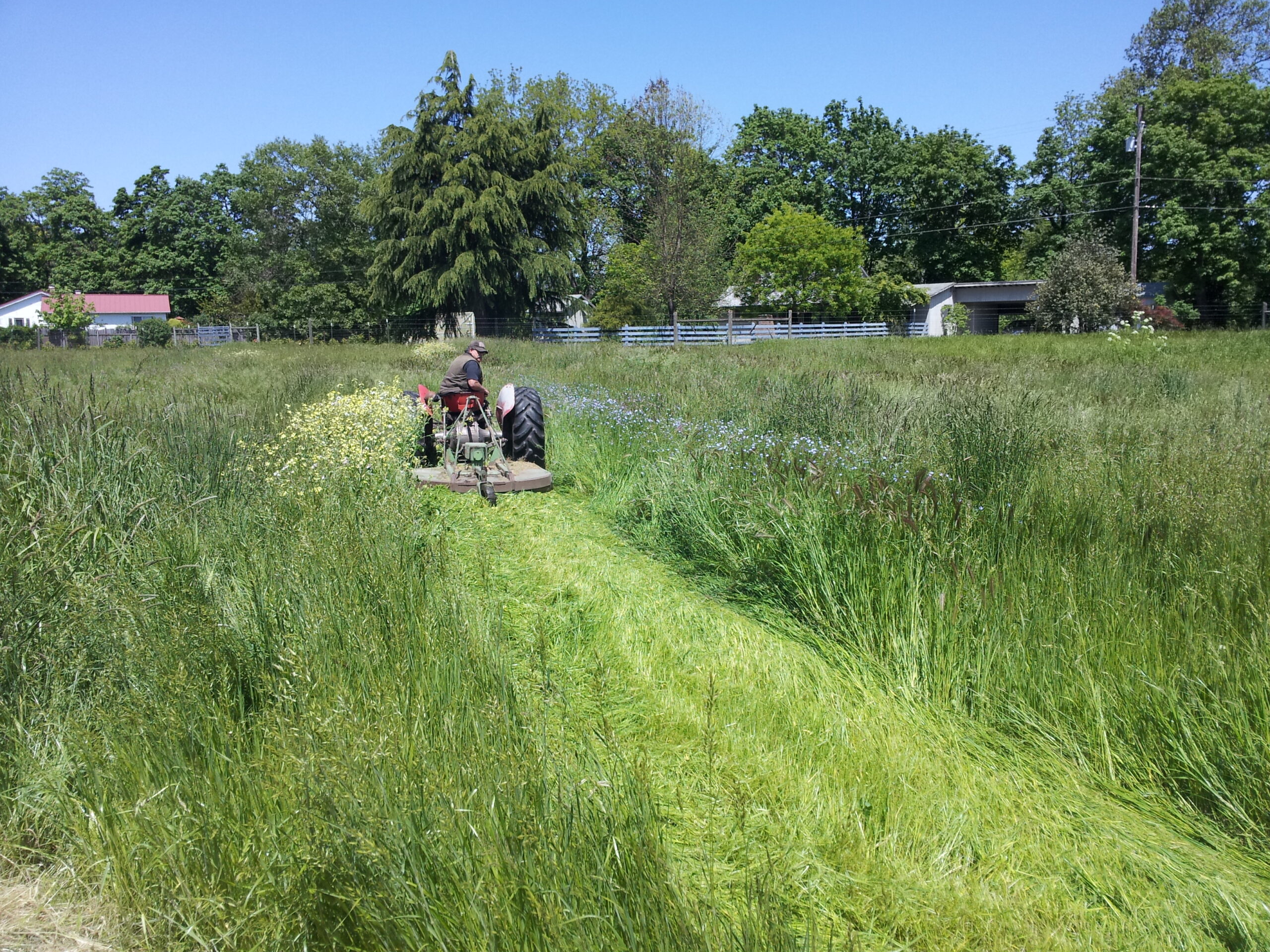Agrogeology: Farming with Rocks
Agrogeology is the scientific field that focuses on the study of geological processes and their impact on agriculture and the environment. It involves understanding how geological factors such as soil composition, bedrock characteristics, landforms, and hydrology influence agricultural productivity and land use. Agrogeologists work to bridge the gap between geology and agriculture, applying geological principles to improve land management practices and optimize agricultural production.
Soil Formation: Agrogeologists study the formation and properties of soils, including their mineral composition, texture, structure, and fertility. They investigate how geological processes like weathering, erosion, and sedimentation contribute to soil development and influence its suitability for different crops.
Geological Mapping: Mapping the distribution of different geological materials and features in an agricultural landscape helps identify areas with specific soil types, groundwater potential, and landform characteristics. This information guides farmers in making informed decisions about crop selection and land management practices.
Land Use Planning: Agrogeology plays a crucial role in land use planning by assessing the suitability of different areas for agricultural activities. This involves considering factors like slope stability, drainage, and nutrient availability to determine the best land management strategies for sustainable crop production.
Water Management: Understanding the geological characteristics of aquifers, rivers, and watersheds is essential for efficient water management in agriculture. Agrogeologists study groundwater movement, surface water interactions, and the potential for water contamination to develop strategies for irrigation and pollution prevention.
Mineral Resources: Agrogeology also relates to the identification and management of mineral resources within agricultural regions. This can include assessing the potential impacts of mining activities on local agriculture and ecosystems.
Geospatial Analysis: Geographic Information Systems (GIS) and remote sensing technologies are used to analyze and visualize geological and agricultural data. These tools help in creating detailed maps, identifying trends, and making informed decisions about land management practices.
Overall, agrogeology is a multidisciplinary field that brings together principles from geology, agriculture, hydrology, and environmental science. Its insights contribute to sustainable agricultural practices, addressing challenges such as soil degradation, water scarcity, and land-use conflicts in order to ensure food security and environmental protection.

